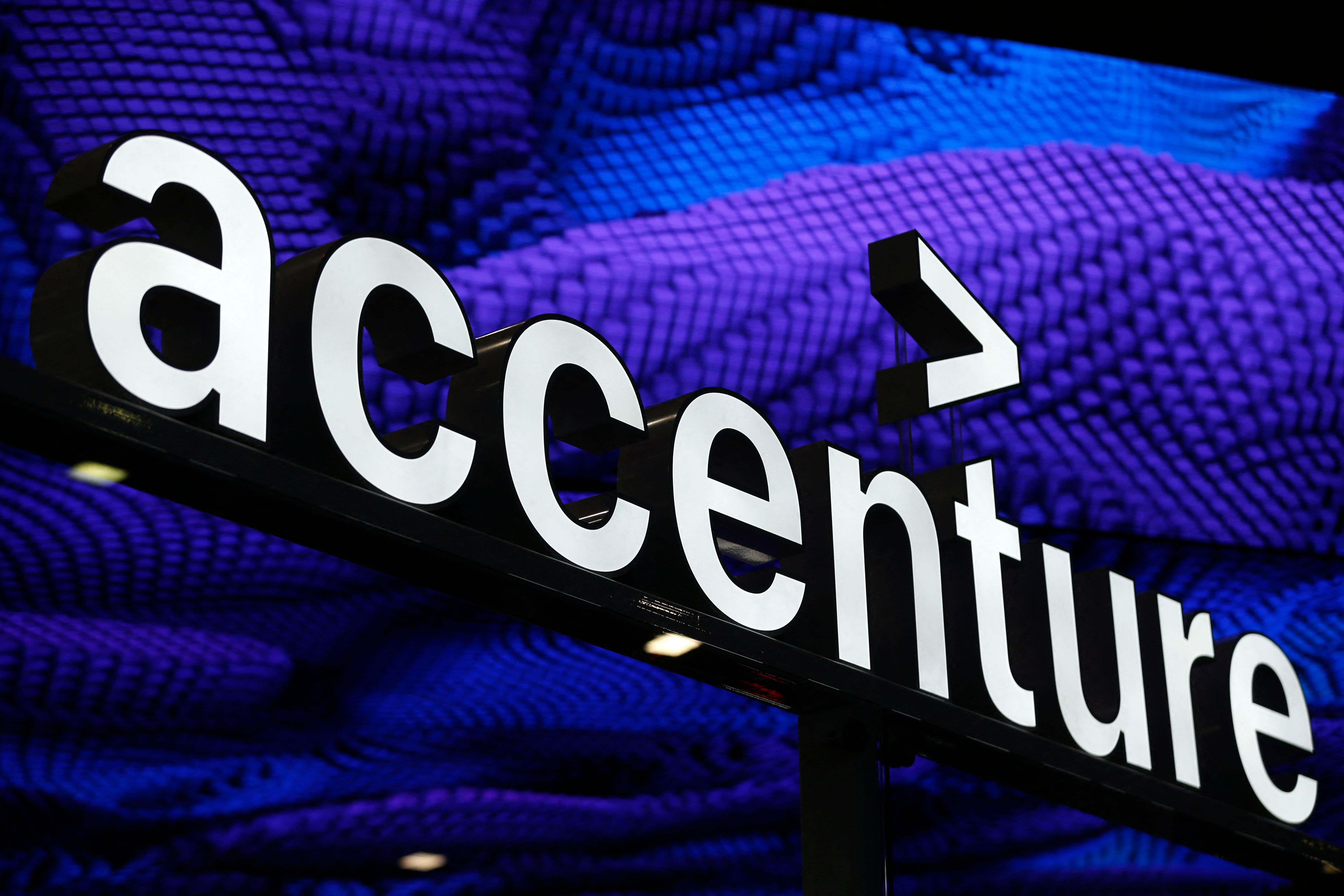Three obstacles stalling MSP growth
MSPs need to change the way they operate to be among the most successful businesses in their game


Stay up to date with the latest Channel industry news and analysis with our twice-weekly newsletter
You are now subscribed
Your newsletter sign-up was successful
MSP success is being stunted because the channel is struggling to sell services as a well-balanced proposition beside products, they are unable to package and adapt their offerings to address service demands rather than customer demands and the challenges associated with recurring revenues rather than lump sum sales.
So claims research by Techaisle, which suggested that the most successful MSPs it studied had an almost completely balanced spread of product and service revenue opposed to focusing too heavily on products rather than weighing it up with service revenues.
"Techaisle research shows that very successful MSPs have a revenue mix of 48% product resale and 52% services revenue. The revenue is also divided as 59% services-led contracts and 41% product-led contracts," said Techaisle CEO and analyst Anurag Agrawal in a company blog post.
The second biggest hurdle experienced by MSPs is that they focus too heavily on providing an all-in-one solution that precisely addresses the customer needs rather than a service to satisfy a specific problem within an enterprise.
"The difficulty in adjusting to a service-centric rather than customer-centric approach is evident in data which finds that an inability to change internal support processes is the most onerous constraint to developing managed services businesses for both “successful” and “unsuccessful” managed services providers within the channel," Agrawal added.
"55% of unsuccessful MSPs are unable to change their internal support processes as compared to 42% of very successful MSPs."
The final issue Techaisle revealed was taking advantage of recurring revenue. Unsuccessful MSPs haven't managed to properly adjust to calculating the overall value of small recurring revenues.
Stay up to date with the latest Channel industry news and analysis with our twice-weekly newsletter
"Lured by the prospect of improved margins, most existing channel firms want to increase managed services income," Agrawal commented. "However, many struggle to adopt these new operating norms if/as managed services becomes a bigger part of the overall income stream."
The answer is an entire organisation shift, with management adjusting the way they view success, the finance department reporting revenues differently and sales teams being compensated differently to their previous commission structure.
Agrawal also said that MSPs are struggling to develop SLAs and find sales staff that can eloquently explain the proposition, in addition to getting the balance right between salesforce training and compensation and meeting “unrealistic” customer demands.
He added channel partners are also finding it difficult to demonstrate value to SMBs, which is an essential part of positioning services to end-users.

Clare is the founder of Blue Cactus Digital, a digital marketing company that helps ethical and sustainability-focused businesses grow their customer base.
Prior to becoming a marketer, Clare was a journalist, working at a range of mobile device-focused outlets including Know Your Mobile before moving into freelance life.
As a freelance writer, she drew on her expertise in mobility to write features and guides for ITPro, as well as regularly writing news stories on a wide range of topics.
-
 Stop treating agentic AI projects like traditional software
Stop treating agentic AI projects like traditional softwareAnalysis Designing and building agents is one thing, but testing and governance is crucial to success
-
 PayPal appoints HP’s Enrique Lores in surprise CEO shake-up
PayPal appoints HP’s Enrique Lores in surprise CEO shake-upNews The veteran tech executive will lead the payments giant into its next growth phase amid mounting industry challenges
-
 Accenture expands cloud transformation capabilities with Objectivity acquisition
Accenture expands cloud transformation capabilities with Objectivity acquisitionNews The platform engineering MSP will help Accenture’s European customers leverage “more open and adaptable platform models and services”
-
 Pax8 names SaaS veteran David Powell as new sales strategy chief
Pax8 names SaaS veteran David Powell as new sales strategy chiefNews The former Evo Security executive will work with MSPs to help strengthen their cyber security offerings
-
 Bechtle snaps up Tangible Benefit to expand UK market presence
Bechtle snaps up Tangible Benefit to expand UK market presenceNews German reseller announces its second UK buy in four months as it steams ahead with its international acquisition strategy
-
 Babble acquires award-winning Microsoft CSP TechQuarters
Babble acquires award-winning Microsoft CSP TechQuartersNews Cloud communications provider fends off competition from 20 other bidders to bolster its Microsoft capabilities
-
 Trustmarque hires NTT Data’s UK lead as its new CEO
Trustmarque hires NTT Data’s UK lead as its new CEONews Simon Williams will lead the IT solutions and services provider into its next phase of growth
-
 Wavenet set to acquire AdEPT for £50.3 million
Wavenet set to acquire AdEPT for £50.3 millionNews The combined business will become one of the UK’s largest managed service providers with revenues exceeding £200 million
-
 TD Synnex launches free security self-assessments for VMware partners
TD Synnex launches free security self-assessments for VMware partnersNews Partners can now offer clients three specially-designed surveys, worth tens of thousands, to help drive new business potential
-
 Node4 appoints Hannah Birch as managing director for digital services
Node4 appoints Hannah Birch as managing director for digital servicesNews Former Ensono and Accenture boss will work to strengthen the MSP’s partnership with Microsoft